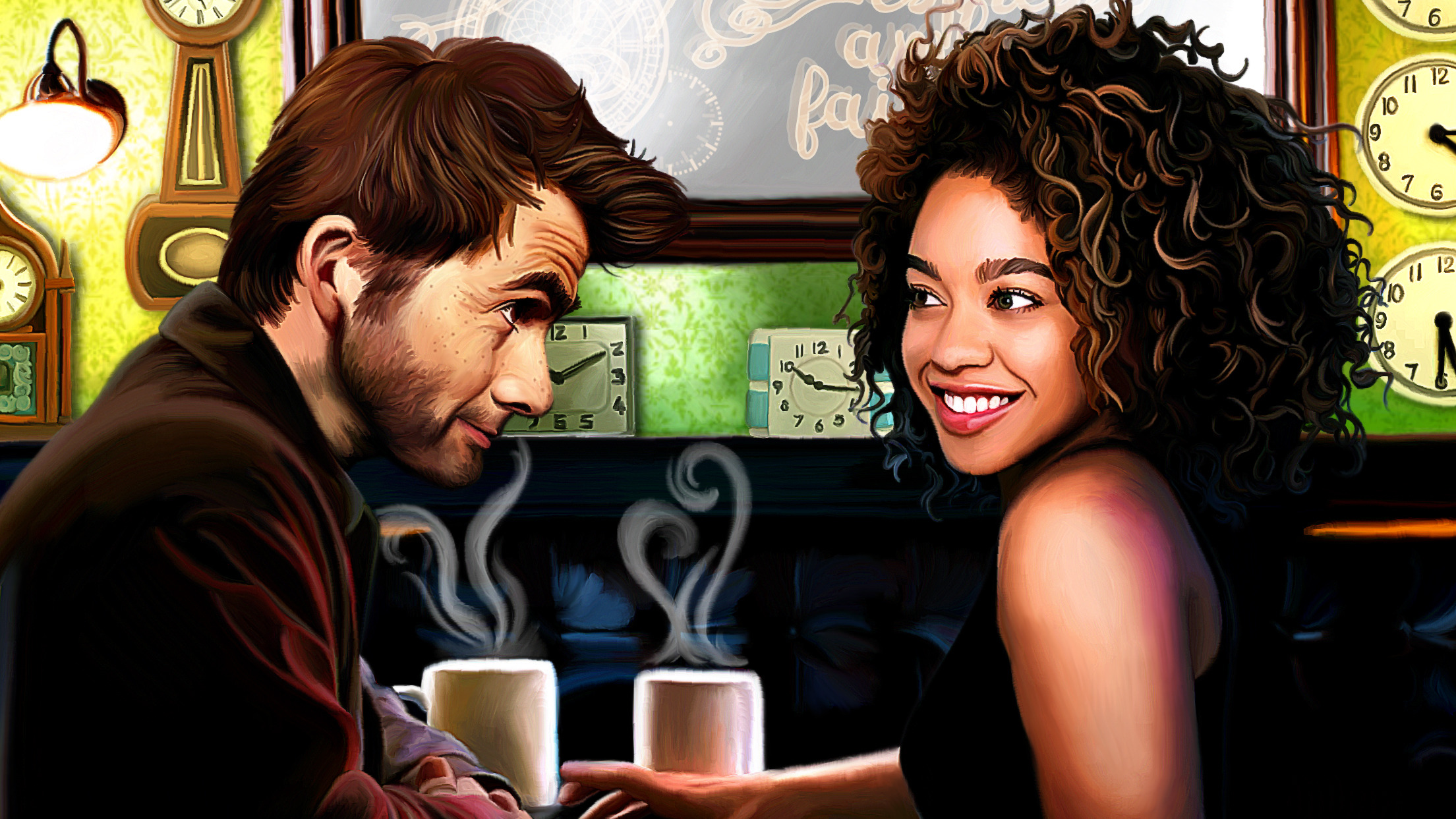Pluralistic is four
Four years ago, I started pluralistic.net, my post-Boing Boing, solo blog project: an ad-free, tracker-free site that anyone can republish, commercially or noncommercially. It's been a wild four years, featuring over 1,150 editions, many consisting of multiple articles:
As a project, Pluralistic has been a roaring success. I've published multiple, significant "breakout" articles that popularized obscure, important, highly technical ideas, most notably "adversarial interoperability":
"End-to-end" as a remedy for multiple internet ripoffs, including as a superior alternative to link-taxes as a means of saving the news industry from Big Tech predation:
and, of course, "enshittification":
These are emblematic of the sorts of ideas that I've spent the past 20+ years trying to popularize in tech-policy debates dominated by technologically illiterate policy ideas ("abolish Section 230!") and politically illiterate technical ideas (so many to choose from, but let's just say "cryptocurrency"). They require that the reader come along for a lot of cross-disciplinary analysis that often gets deep into the weeds. These are some of the hardest ideas to convey, but nuanced proposals and critiques that work on both political and technical axes are the best hope we have of successfully weathering the polycrisis.
Blogging has always been a part of this project. For nearly 20 years, I posted nearly every day on Boing Boing – 53,906 posts in all! – taking note of everything that seemed important. Keeping a "writer's notebook" in public imposes an unbeatable rigor, since you can't slack off and leave notes so brief and cryptic that they neither lodge in your subconscious nor form a record clear enough to refer to in future. By contrast, keeping public notes produces both a subconscious, supersaturated solution of fragmentary ideas that rattle around, periodically cohering into nucleii that crystallize into full-blown ideas for stories, novels, essays, speeches and nonfiction books. What's more, those ripened ideas are supported by a searchable database of everything I've thought about the subject, often annotated by readers and other writers who've commented on the posts. I call this "The Memex Method":
Pluralistic marks a new phase in my deployment of the Memex Method. With 50K+ notes in a database, I've gradually turned Pluralistic into a forum for far more synthetic, longer-form work that pulls on threads from decades of research into nothing in particular and everything that seemed important.
Pluralistic is also an experiment in retaining control over my destiny – but not my work. Rather than hitching my ability to reach an audience through a platform that can be enshittified at the whim of a mercurial, infantile billionaire or their venal, callous shareholders, Pluralistic is published web-first, on a site I control, and then syndicated to every platform that matters to me. It's a process called POSSE (Post Own Site, Syndicate Everywhere):





















